Top AI Trends in 2021 for Business
With the advent of smartphones, digital transformation, new technologies such as blockchain, globalization, and our lifestyle, there have been significant changes in the ways of doing traditional businesses.
Now without elongating more, let’s look at the top artificial intelligence trends in 2020 for business:
Real-time personalization
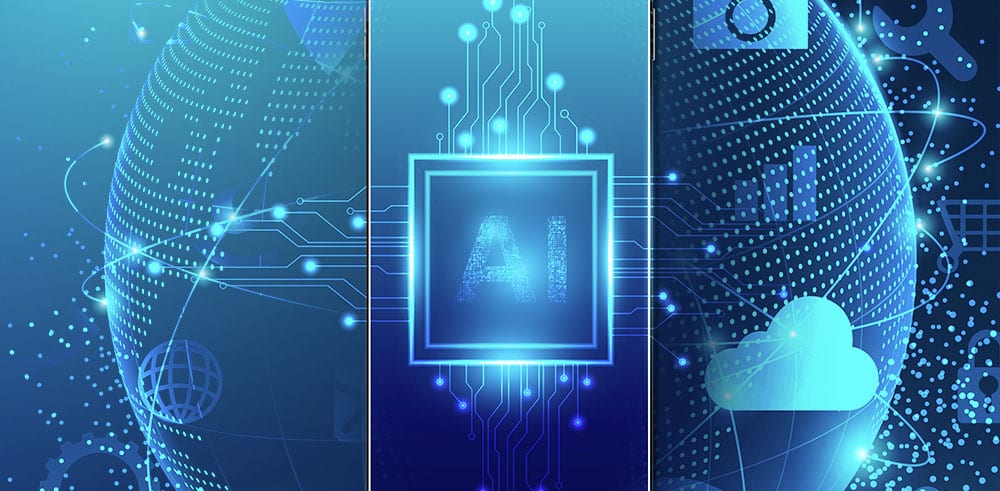
AI in the e-commerce world is providing business with a better way to give a personalized experience to their customers. More than 40% of e-commerce owners have started using AI-enabled tools to improve their service. There have been many instances of this such as virtual try-on using virtual reality segment of AI, chatbots for resolving queries, personalized smart searches, etc.
Amazon, the e-commerce giant created a new definition of personalization by showing similar products as per the user behavior of shopping. The AI-powered recommendation system shows those products which are appealing to them. This is a win-win for both the customers and the business owner. The customer easily gets his need while the seller makes business. Since then the other e-commerce brands have also begun to leverage this use of AI.
Facial Recognition
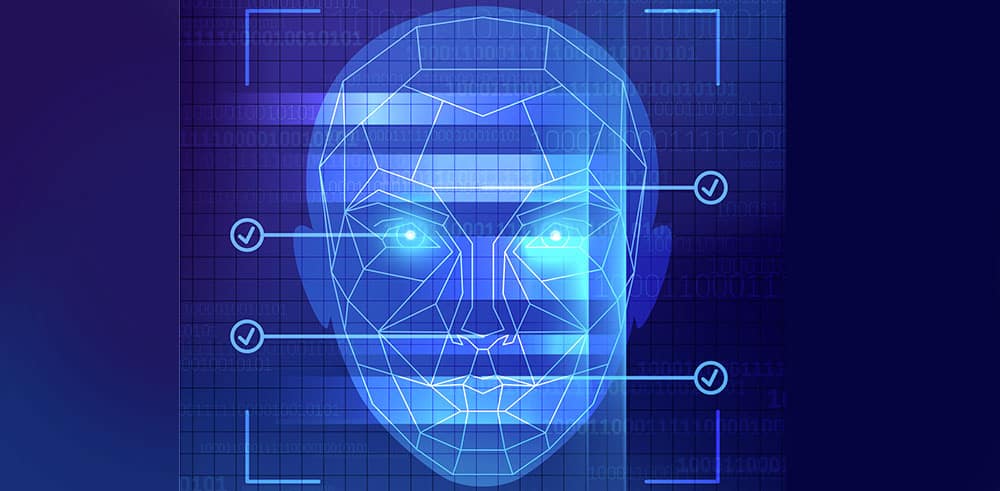
Facial recognition, the technology which you have must be encountered mostly in biometrics. But now it is not limited to only the documentation & biometrics, it is having own space in AI & e-commerce. Many e-commerce retailers who sell products that are used on the face are leveraging facial recognition technology for payments. As per research, by 2025, 72% of the hotel operators in the US will use facial-recognition technology for check-ins and other processes. Probably, airports will start using it for security reasons.
It is also useful in the healthcare industry as it can help in prescription adherence, and with finding disoriented adults.
Edge AI
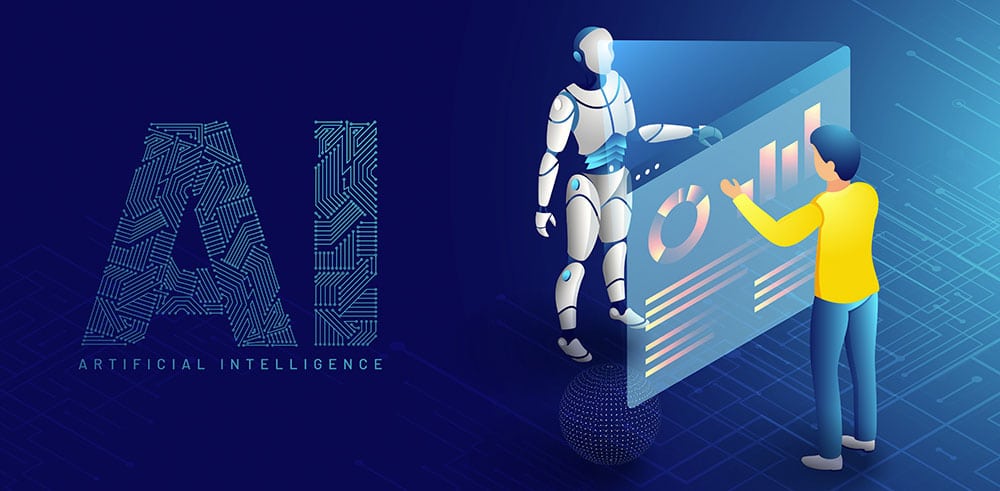
This is probably the fuss you have never heard about. You must have gone through our article, in which we talked about how cloud computing is moving to edge. The AI is also moving towards the edge. In Edge AI, as per the definition of Edge, the algorithms are processed locally on the hardware machine, without requiring any internet connection. It can give the results within milliseconds by analyzing the data generated on the user’s machine. There are a few examples of Edge AI currently. You can observe the iPhone’s ability to unlock the phone by face recognition in milliseconds. Another example is of self-driving robots or cars which resolve their queries on their own.
Cyber Security:

The cybersecurity experts are not fully convinced to replace AI for handling cybersecurity, but yet AI is extending its roots in cybersecurity. Here are some of the instances where AI is helping in cybersecurity:
- AI can update security databases. It can analyze logs from various sources, artificial intelligence can detect when new threats are imminent. It can also find malware and spyware trends by analyzing data across multiple channels.
- AI can identify any unusual activity. It can detect large scale malware movements. It can use certain parameters to help determine whether or not it may indicate a threat or whether it is a false alarm.
- AI can pinpoint potential weaknesses, bugs, and security flaws. For example, machine learning can be used to detect when untrusted data has been sent from an application.
Read More:- Dark Mode in Mobile App Development
Intelligent User experience:
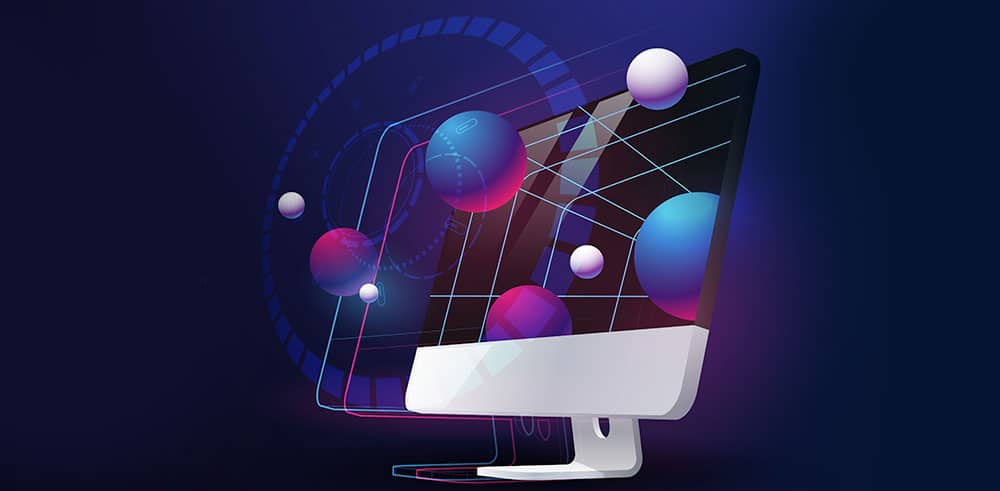
Artificial technology has played a very significant role in improving the UI & UX experience of mobile applications. The mobile application developers are developing mobile apps that are easily accessible through AI technologies such as voice search, chatbots, facial recognition, smart searches, etc. You can see the examples of Amazon Echo, the voice assistance speaker using which you can easily shop at the Amazon store. You can also perform many other tasks using Alexa, and also Google Home. These interfaces are primarily driven by a confluence of AI technologies, essentially natural language processing, natural language generation, and gesture control.
Predictive Analytics:
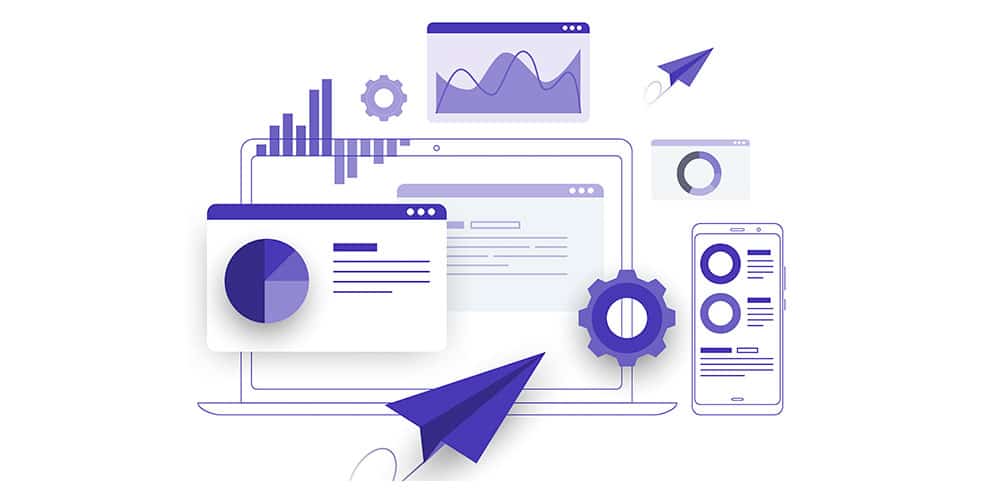
A successful e-commerce owner is one who can make the best business decision for saving the costs, maximizing the sales and profits. And in such an economic slowdown it is definitely going to affect a lot.
Using AI in business & predictive analysis can help you to find useful patterns and trends. This meaningful data can help you take better business decisions. They can provide you an insight into what products are more on sale, so you can make sure they never get out of stock. You can also know from which region the orders are coming most, then you can provide a better-localized user experience to those users.
Monitoring Business Processes:

Last but not least, AI is also helping e-commerce brands in the business process too. Warehouse management is the foremost among all. Features like same day or next day delivery have become a common consumer expectation. It greatly impacts the requirement of warehouse automation. In e-commerce, the order volumes are increasing, turn-around time is decreasing, SKU numbers are also proliferating, while the order sizes are decreasing.
To meet such huge demand, the warehouses are eliminating the traditional practice of clipboard-bearing, forklifts, and stock managers. Instead, they are getting driven by AI-based smart robots, which tout stock items 24×7 and continue to work without a lunch break. When a customer makes an order, the information is sent to the respective warehouse software. The software communicates with the robot. Then the robot is sent to take the purchased goods out of stock, box them, and prepare them to ship. Smart robots can do everything but drive a delivery truck. But who knows the future…
The other benefits of warehouse automation are:
- Better accuracy
- Eliminates the potential threats of human injuries in the warehouse
- Fast stocking and retrieval
- Results in low labor cost
- A few chances of stock damage
Read more: How AI Empowers the FinTech Industry
Wrapping Up:
AI in your mobile application development is not just limited to enhancing user experience but can also help in taking better decisions, maintaining your sales, and whatnot. At Amplework, the best mobile app development company in India can provide you with the best AI services in mobile app development.


 sales@amplework.com
sales@amplework.com
 (+91) 9636-962-228
(+91) 9636-962-228





